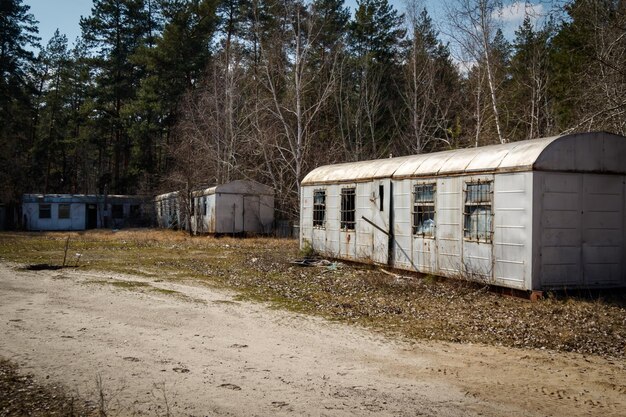Understanding Services for the Unhoused in Orange County: A Comprehensive Guide
The issue of homelessness in Orange County is a pressing concern that affects thousands of individuals and families. Fortunately, numerous shelters and resources are available to assist the unhoused in regaining stability and independence. This guide aims to provide clarity on what services exist and how individuals in need can access them, while also introducing related financial and educational resources that can further support those affected.
Available Shelter Options
The first step for those facing homelessness is often finding immediate shelter. Orange County offers a variety of options:
Emergency Shelters: These provide short-term accommodation for individuals and families. Notable facilities include the Samueli Academy Emergency Shelter and Bridges at Kraemer Place. Emergency shelters often offer essential services like meals, laundry, and case management.
Transitional Housing: Programs like the Illumination Foundation and HomeAid Orange County provide transitional living spaces. These are designed for individuals and families ready to move towards independence but still requiring support like job training and counseling.
Supportive Housing: Permanent supportive housing solutions such as those provided by Jamboree Housing focus on combining housing with social services, catering to those with chronic homelessness issues.
Financial Assistance Opportunities
Access to shelter is only one aspect of overcoming homelessness. Financial assistance programs play a critical role in helping individuals transition out of homelessness by addressing common financial burdens:
Government Aid Programs: Initiatives like CalWORKs and General Relief help provide financial support to low-income families and individuals. These programs can assist with basic needs, rental assistance, and utilities.
Nonprofit Financial Aid: Organizations such as Mercy House and Families Forward offer financial counseling and resources to help understand budgeting, savings, and debt management.
Debt Relief and Credit Solutions
For many facing homelessness, debt relief and improving credit are crucial for becoming financially independent:
Debt Management Plans: Agencies like Consumer Credit Counseling Service offer debt management plans and credit counseling. They work with creditors to consolidate debts into an affordable repayment plan.
Credit Repair Services: Improving credit scores is vital. Services focused on repairing credit can help dispute inaccuracies and advise on strategies to boost credit ratings, facilitating future financial stability and housing opportunities.
Educational Grants and Opportunities
Education and skill development are pivotal for long-term success. Numerous educational programs and grants are available to the homeless population in Orange County:
Local Scholarships and Grants: Scholarships like the one provided by the Orange County Community Foundation are tailored to assist homeless or low-income youth pursuing higher education.
Vocational and Skill Training: Programs through organizations like Goodwill of Orange County offer job training, workshops, and placement services. These are designed to equip individuals with marketable skills, enhancing employment prospects.
Navigating the path from homelessness to stability requires access to a wide array of resources, from immediate shelter to ongoing financial and educational support. Orange County's community organizations, combined with government programs, provide numerous avenues for assistance, helping individuals build a sustainable future.
Key Resources for Self-Sufficiency:
- 🏠 Shelter Options: Emergency shelters, transitional and supportive housing.
- 💵 Financial Assistance: CalWORKs, General Relief, Mercy House.
- 🔍 Debt Relief and Credit Solutions: Consumer Credit Counseling Service, credit repair services.
- 🎓 Educational Opportunities: Scholarships like the Orange County Community Foundation, vocational training programs.
Understanding and utilizing these resources can significantly impact the journey from homelessness to financial independence and personal empowerment.

